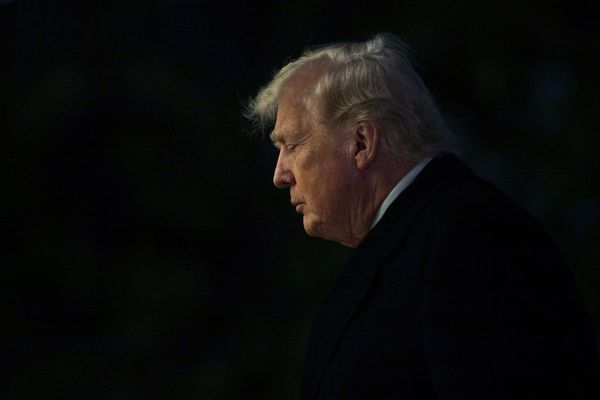
In a surprising turn of events, two unconventional candidates, a YouTuber from Cyprus and a far-right figure from Spain, have secured seats in the European Parliament through their adept use of social media.
The Cypriot YouTuber, known for his lighthearted content, garnered a significant portion of the votes without any political party backing. His campaign focused on authenticity rather than traditional political stances, resonating with voters disillusioned by the country's political establishment.
On the other hand, the Spanish candidate leveraged his online presence to highlight concerns about immigration and political corruption, securing multiple seats in the European Parliament.
Experts note that the success of these candidates reflects a broader trend of unconventional figures utilizing social media to engage with younger audiences and challenge traditional political norms.
Riding the Wave of Social Media
The YouTuber's popularity, built over years of creating engaging content, translated into electoral success as he tapped into public discontent with the existing political landscape. His approach of using social media as a tool for transparency and direct communication struck a chord with voters.
Similarly, the Spanish candidate's provocative messaging on social media resonated with a segment of the electorate, drawing attention to issues often overlooked by mainstream political parties.
The Impact of Digital Platforms
Experts emphasize the role of digital platforms like TikTok and Instagram in reshaping political discourse, allowing fringe voices to reach a wider audience and challenge established political structures.
While the candidates' strategies differ, both underscore the growing influence of social media in shaping political narratives and engaging citizens in new ways.
A New Era of Direct Democracy?
As these unconventional candidates secure seats in the European Parliament, questions arise about the future of traditional politics and the potential for a more direct form of democracy facilitated by social media.
While critics raise concerns about the implications of these developments, supporters view it as a step towards greater citizen empowerment and engagement in the political process.
Overall, the success of these social media personalities in the European Parliament elections signals a shift towards a more dynamic and inclusive political landscape influenced by digital communication.







